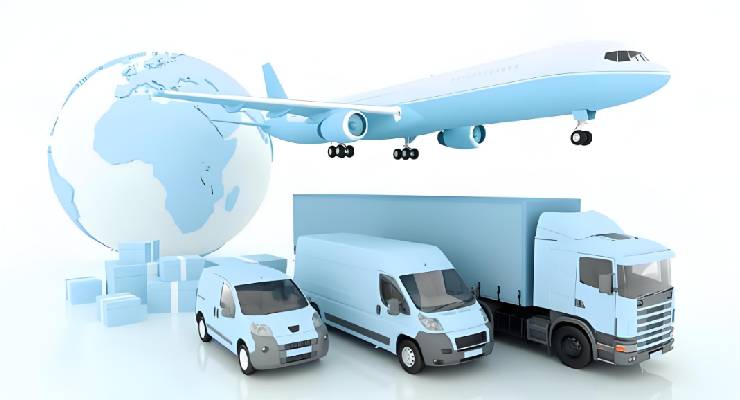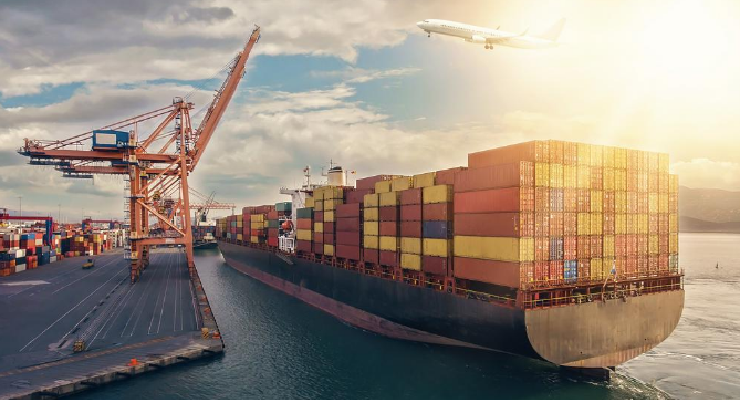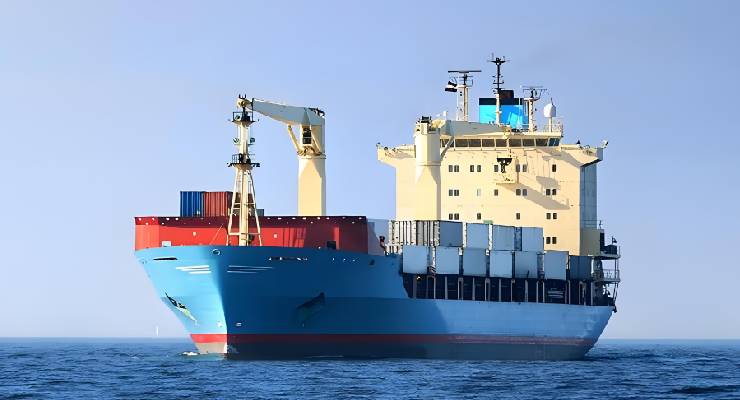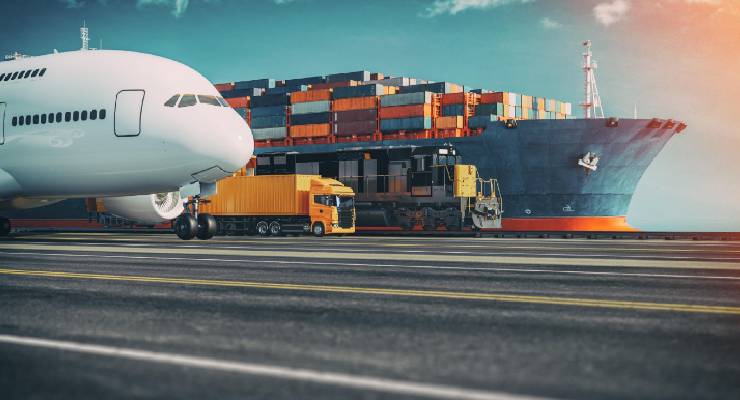
Imitation products occupy a unique position in the fashion industry. Although counterfeit products are illegal, they are cheap and of high quality, making them attractive and profitable for small businesses.
Replicas are in high demand, prompting many buyers to import these items from China to make money.
Interestingly, many luxury brands have production facilities in China.
So, as a buyer, where can you safely purchase a replica?
China offers a wide range of imitations of different quality levels and prices to meet the preferences of different buyers.
China's reproduction industry is very developed, about 90% of the world's imitation products are produced in China, which shows the ability of China to produce high-quality replicas.
Knockoffs made in China are surprisingly cheap, often less than 10% of the price of the real thing. This affordability benefits from cheap labor, abundant raw materials and a sound industrial chain.
In China, imitation industry clusters exist and supply chains are complete, but large-scale imitation production factories are rare.
Industries such as luggage, clothing and footwear are mainly handmade and can be produced in small factories or workshops with fewer workers.
Hardware, leather, cloth and other raw materials are from raw material factories.
Many production processes are outsourced to specialized OEM factories.
As a result, the counterfeit market is filled with countless small factories, while large factories with hundreds of workers do not exist.
Each production step is handled by a dedicated plant, enabling mass production and significantly reducing the cost per product.
Due to the low threshold for the production of imitation products, there are many small factories in the market, low prices, fierce competition, uneven quality, and different levels.
Chinese quality imitation
Imitation products tend to be classified by quality, ranging from A to AAA.
AAA reproductions are almost indistinguishable from the real thing, and the styles and materials are very close to the real thing.
Popular imitation products in China include clothing, bags, shoes, electronics and watches. These products mimic the design and style of luxury brands, and the quality is usually good enough to cause no harm to users.
Finding replicas can be tricky because they are not publicly displayed on the platform.
Searching by real product names or brands will not yield accurate results. Sellers often hide logos and brand names to avoid detection.
Here are some ways to search for copies:
Image search: Upload pictures to Alibaba, 1688, Made in China and other platforms to find similar products.
Keyword search: Use a product model or a name similar to the brand, such as "UNC 2021" or "cinder," or terms like "AAA bag" or "AAA T-shirt."

Tips for wholesaling imitations from China
The market for counterfeit goods is huge, with a wide variety of options. Consider the following factors before buying:
Quality: Make sure the product looks good. For bulk purchases, please order samples first to check the quality.
Grade: Please indicate grade when searching (A, AA, AAA+). AAA+ is the closest thing to a real product.
Prices: Compare prices across sites. The higher the price, the better the quality.
Manufacturer: Choose products from registered manufacturers to ensure quality.
Logo: Search for products with a precise logo.
Materials: Make sure the type of material meets your expectations for optimal reproduction.
Warranty/Guarantee: Choose products with a warranty or guarantee for better functionality and longer service life.
Customer Reviews: Review reviews on the website to assess product quality and reliability.
Millions of fake Gucci, Louis Vuitton and Dolce & Gabbana products flood the market.
Is it illegal to buy copies on wholesale websites?
It is illegal to sell counterfeits, but consumers can tell the difference between real and fake products. If you plan to sell counterfeits, choose items without brand logos to avoid legal issues.
Of course, you can buy goods from China that violate trademark rights, but doing so is risky. Obviously, even if you don't "plan" to sell these items, you may still sell them. Your intent doesn't matter because it's a "strict liability" crime, and as mentioned above, U.S. Customs may seize the goods, so they may never reach you.
Depending on the amount purchased, the risks may involve both criminal and civil liability, and it may be helpful to explain that the purchase is for personal use. The penalty for trademark infringement is enough to deter it.
Can I send my copy from China back to my country?
Shipping counterfeit goods is similar to shipping any product, but please check your country's customs regulations regarding counterfeit goods. Knowing these rules can help you make an informed decision.
Do I need to pay additional international shipping charges?
Ask the seller about shipping costs. Some sellers offer free shipping, but you may have to pay import taxes. Some sellers offer DDP services, and you only pay the seller's fee and no additional shipping costs.
Find China Replica wholesaler alternative:
As Vencent Stevens says, you get what you pay for. This is true even in the Internet world. I'm sure you've seen headphones on Taobao or Alibaba that look similar to Beats but cost much less.
The problem with online shopping is that you never know what you're going to get until you receive it.
So here's my advice:
If you really care about brands and don't want to compromise, buy authentic brands and accept that you're paying for brand value.
If you just want high quality music and don't mind the brand identity, then you can buy something in the middle price range - not too cheap, but not as expensive as the well-known brands. Some small manufacturers in China produce good quality products at more reasonable prices that even professionals can use. They may mimic the look of certain brands, but not necessarily. Look for sellers with high ratings and read customer reviews of products.
To be more secure, you can choose a seller who offers a free return policy within a certain period, or even a cash-on-delivery seller - which doesn't make much sense for headphones because you can't tell immediately if you're satisfied. You can talk to the seller at any time. If you don't like the product you receive, most of them will be happy to offer a replacement or suggest an upgrade.
So you see, going to a brand store to buy a brand product is the fastest and easiest solution. But if you want to save money, you have to pay extra in other ways, such as time and effort. That's fair, right?

What products should you buy from China?
China is the main representative source region
Guangzhou (Guangdong Province) : Guangzhou is one of the major centers for counterfeit goods, especially clothing, handbags, shoes, and accessories. The wholesale markets in the districts of Baiyun and Yuexiu are known for their proliferation of counterfeit goods.
Shenzhen (Guangdong Province) : Located near Hong Kong, Shenzhen is an important center for electronics and high-end imitation watches. There are many small factories in and around Shenzhen that produce counterfeit electronics and watches.
Yiwu (Zhejiang Province) : Yiwu is known for its large wholesale goods market and is a major source of all kinds of counterfeit products, especially accessories, toys and stationery. Yiwu market offers a vast supply of cheap counterfeit goods.
Quanzhou (Fujian Province) : Quanzhou is a famous production base for sports shoes, and many counterfeit sportswear and footwear products are produced from Quanzhou. The cities of Jinjiang and Shishi, near Quanzhou, also have many factories producing counterfeit sportswear.
Dongguan (Guangdong Province) : Dongguan is a manufacturing hub with many factories producing counterfeit electronics and accessories. The city has a wide range of products, reflecting its strong industrial base.
Wenzhou (Zhejiang Province) : Wenzhou is another major producer of footwear, counterfeit eyewear and leather goods. There are many small factories that specialize in producing all kinds of counterfeit goods.
Online sales represent sales channels
Wechat and wechat mini programs: wechat is very widely used in China, and many fake sellers use wechat moments, groups and mini programs to sell products. Sellers often post pictures of their products on their moments, and interested buyers can contact them directly via private message.
Taobao /1688: Although Taobao prohibits the sale of counterfeit goods, some sellers still manage to sell fake goods without detection by using vague keywords, pictures or private messages. The product description may be unclear or require the buyer to contact the seller for more details.
Pinduoduo: Pinduoduo is known for its low-priced products, but there are also some sellers who exploit loopholes to sell counterfeit products. These items are often very cheap and poorly described.
Social e-commerce platforms: Online celebrities and sellers on platforms such as RED, Kuaishou and TikTok promote fake goods through short videos or live broadcasts. Buyers can contact sellers through private messages or reviews.
Daigou (private shoppers) : Many counterfeit products are sold through daigou, who claim to bring back the genuine goods from abroad, but usually source them from China's counterfeit market. These daigou often promote and connect with customers through social media platforms.
Specialized counterfeit websites: Some websites are dedicated to the sale of counterfeit products. These sites usually have their own domain names and are promoted through search engines or social media. To avoid detection, access to these sites may be restricted to "invitation-only" or specific keywords.
Buying a copy from China that meets your expectations is more complicated than buying a regular product. The key is to buy from the right place to avoid being scammed.
-
 A Comprehensive Guide to Refrigerated ContainersJun 17,2025
A Comprehensive Guide to Refrigerated ContainersJun 17,2025 -
 Guide to 20ft & 40ft Shipping Container Dimensions for Global LogisticsJun 17,2025
Guide to 20ft & 40ft Shipping Container Dimensions for Global LogisticsJun 17,2025 -
 How to track shipments sent from ChinaMay 13,2025
How to track shipments sent from ChinaMay 13,2025 -
 Guide to Importing and Shipping Cars from China to UAEMay 13,2025
Guide to Importing and Shipping Cars from China to UAEMay 13,2025 -
 Guide to Importing and Shipping Camping Gear from ChinaMay 07,2025
Guide to Importing and Shipping Camping Gear from ChinaMay 07,2025 -
 Shipping from China to YemenMay 06,2025
Shipping from China to YemenMay 06,2025

